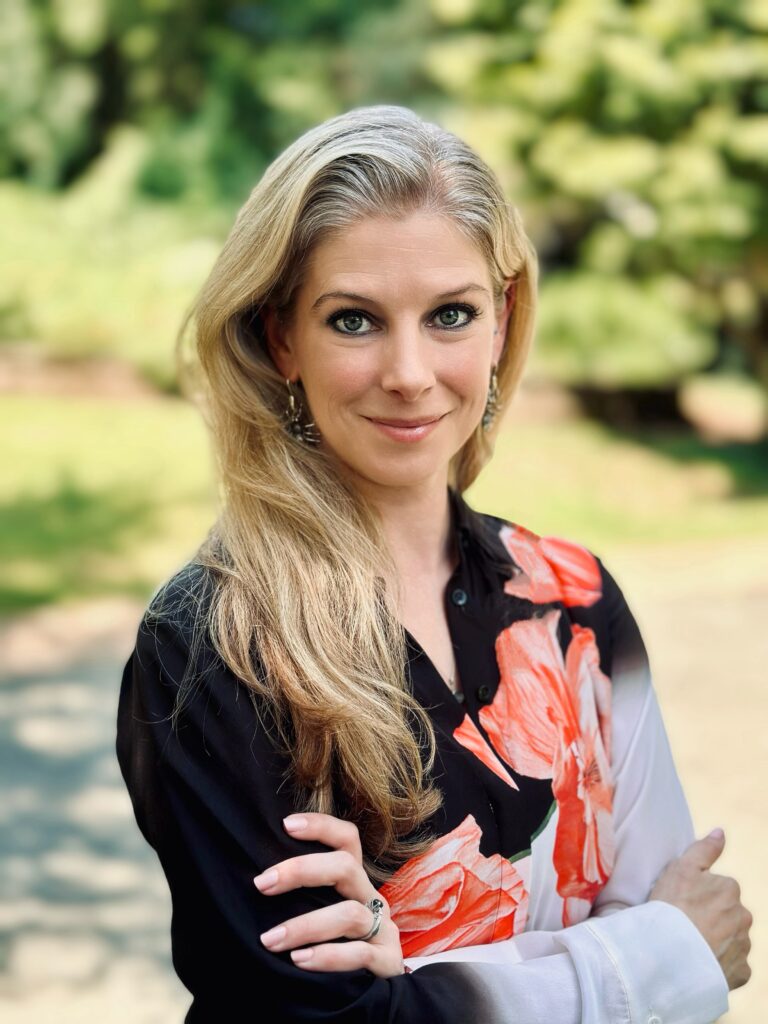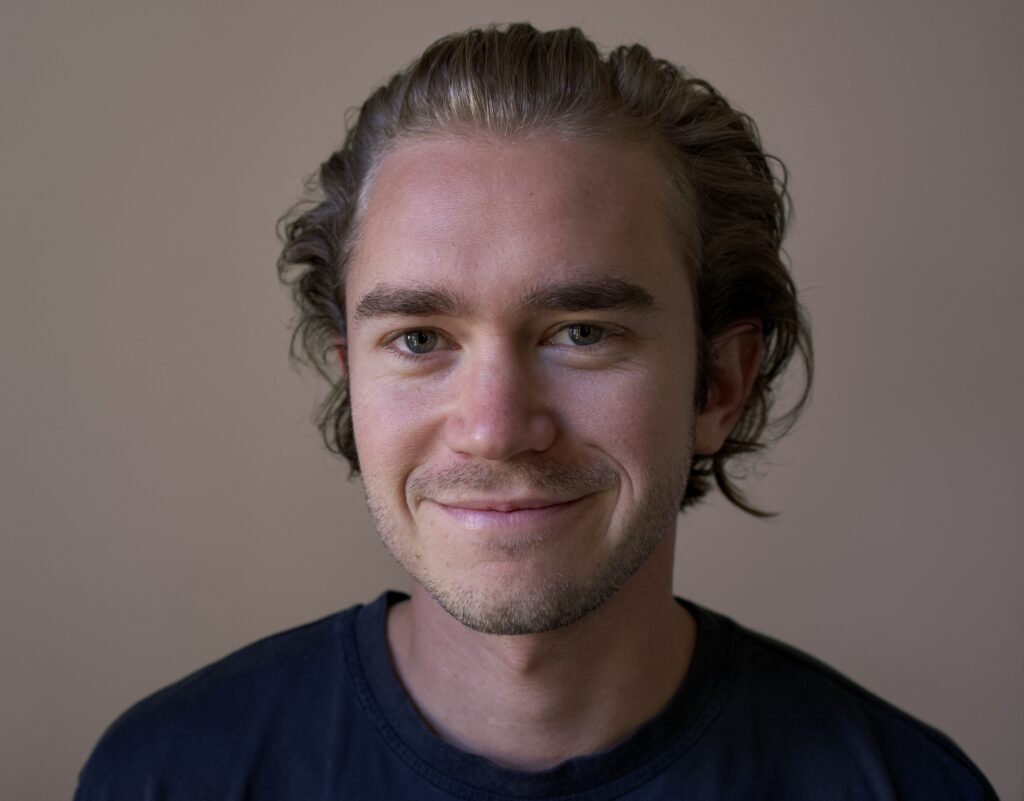AGU has awarded journalists Nadia Drake and Zack Savitsky for their reporting on the Earth and space sciences. (Browse all AGU 2024 honorees here.)
Nadia Drake, a freelance journalist, is honored with the 2023 Walter Sullivan Award for Excellence in Science Writing - Features for her feature story in National Geographic on using environments on Earth as analogs for extraterrestrial landscapes where life might be found. Zack Savitsky, also a freelance journalist, is honored with the 2023 David Perlman Award for Excellence in Science Writing - News for his Science news story documenting how hand magnets can inadvertently destroy billion-year-old data.
These two AGU journalism awards will be formally presented during AGU's annual Honors Ceremony during AGU's 2024 Annual Meeting in December. Nominations for next year's journalism awards will open in early 2025.
Walter Sullivan Award for Excellence in Science Writing - Features
AGU recognizes Nadia Drake for "The Alien Moon Shot," published in National Geographic on 12 September 2023. The Walter Sullivan Award, named for the late New York Times science writer, honors excellence in science feature reporting for work prepared with a deadline of more than one week. The award comes with a $5,000 prize, a plaque, and funds to attend #AGU24.
Nadia Drake is a freelance science journalist and former contributing writer at National Geographic. She specializes in covering astronomy, astrophysics and planetary science, as well as anything involving jungles and spiders. Her byline has also appeared in The New York Times, The Atlantic, Scientific American, Nature, WIRED, and Science News, among other publications. Nadia has a Ph.D. in genetics from Cornell University and a graduate certificate in science communication from the University of California-Santa Cruz.
The committee felt that Drake's compelling narrative offered a captivating view of humanity's journey into extraterrestrial worlds - and perhaps, life - grounded in the intriguing environments of our own planet. Her clear scientific explanations and evocative descriptions, such as the sloshing of Europa's salty sea beneath its icy shell, made complex space science accessible and fascinating. Through meticulous on-the-ground reporting, including rappelling into remote caves and exploring frigid ocean depths, she brought the search for extraterrestrial life down to Earth with humor and suspense. Nadia's skillful writing conveyed the challenges and excitement of scientific fieldwork, showcasing her ability to merge scientific rigor with engaging storytelling.
"AGU's Fall 2010 meeting was the first conference I attended as a science journalism student," Drake said. "It was the first time I met the geysers of Enceladus, or encountered the question of cryovolcanism on Titan - these were worlds I'd known almost nothing about, but which have stuck with me ever since. What a beautiful way to come full circle!"
David Perlman Award for Excellence in Science Writing - News
AGU recognizes Zack Savitsky for "Magnets wipe memories from meteorites, erasing billion-year-old data," published in Science on 6 April 2023. The David Perlman Award, named for the late San Francisco
Chronicle science editor, recognizes excellence in science news reporting published with deadline pressure of one week or less. The award comes with a $5,000 prize, a plaque, and funds to attend #AGU24.
Zack Savitsky is a science writer covering physics and astronomy. His work has appeared in Science Magazine, Scientific American, Quanta Magazine, WIRED, and others. Savitsky first came across this story at AGU's 2022 Annual Meeting, where he chatted with a researcher about meteorite samples that had been ruined by hand magnets.
"When he later reached out about this paper, I dove in deep and spoke with researchers and nomadic meteorite-hunters in Morocco to get a balanced perspective on the issue," Savitsky told AGU. "My aim was to showcase how scientists often benefit from the work of marginalized communities who often have different priorities, and finding mutually beneficial solutions can be a complicated process."
The committee felt the story exemplified going the extra mile combining science with impeccable storytelling. Savitsky wove a compelling tale that not only highlights the implications of hand magnets for the planetary science community, but also contextualizes their significance for a broader audience, the judges said. He illuminated the human story in what might be viewed as an esoteric field.








